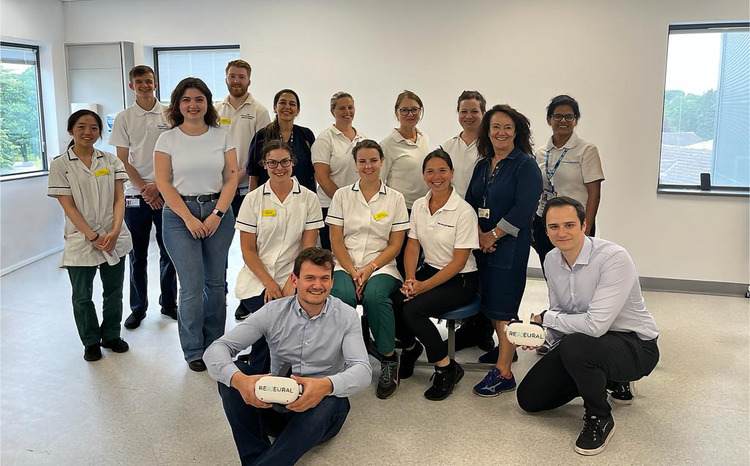Stevens, Rice hail IT focus in 5YFV
- 19 March 2015

The “inexorable rise” of IT and data in UK healthcare must be accompanied by increased digital literacy and improved incentives for care providers to be a success, key NHS England figures say.
Speaking at an NHS England event on widening digital participation yesterday, NHS England chief executive Simon Stevens said that digital participation from citizens is “central to the redesign of care” across the NHS.
Stevens told the audience that digital inclusion must be considered within the context of the broader organisational changes outlined in NHS England’s Five Year Forward View plan.
The document, launched last October, calls for additional funding and new models of care delivery to help close a £30 billion funding gap that could otherwise open up by 2020-21.
Stevens said the document’s push towards greater integration between care settings must be guided by a focus on care coordinated around individuals and underpinned by the “information revolution”.
He described smartphones as the “single most important health treatment and diagnostic tool at our disposal over the coming decade”, with two thirds of the population owning one.
However, Stevens said the NHS must do more to meet the needs of the 6.4 million people who are not online, but have are likely to have a greater need for health services.
He said NHS England’s work with the Tinder Foundation as part of its Widening Digital Participation programme, which aims to improve the digital health literacy skills of those most likely to experience health inequalities, is likely to have a significant impact.
Stevens said digital participation from citizens is “not an optional extra” and will be crucial to the success of the Five Year Forward View.
“This is going to be central to what the redesign of care looks like, with a fundamental power shift in the way in which services are produced.”
Paul Rice, NHS England’s head of technology strategy, backed up Stevens’ comments at a separate Westminster Health Forum event, saying greater use of IT and data is the “inexorable direction of travel” for the NHS.
“Information technology and data sits in pride of place in the [Five Year Forward View] document…[which] is predicated on much of this stuff being adopted and rolled out in that timeframe.”
Rice said one of the key areas of work for NHS England, as part of the National Information Board, is getting health and care organisations to develop roadmaps for their move toward the “endgame” of a paperless system by 2020.
“This is the first time in a long time that local conversations about how care should be transformed are now describing the influence that digital technology and IT should have in that.”
He said the organisation is also keen to “break down some of the myths” about obstacles to information sharing, while also addressing some “misalignment” in incentives and levers for providers to improve their digital maturity.
However, significant funding for health IT was notable in its absence from the government’s 2015 Budget, announced yesterday by chancellor George Osborne.
While Osborne announced an “additional” £2 billion of NHS funding in his autumn statement, in part to support the Five Year Forward View, the Budget contained little in the way of additional funding.
It includes £40 million of funding to support the development of applications for the “Internet of Things” in healthcare and social care through demonstrator programmes, business incubator spaces and a research hub.
There is also £20 million of funding for the Health North project to promote health innovation in the north of England through analysis of data on the effectiveness of different drugs, treatments and health pathways.
Responding to the Budget, Labour leader Ed Miliband described the lack of detail about the NHS as “glaring” and “a completely extraordinary omission”.




